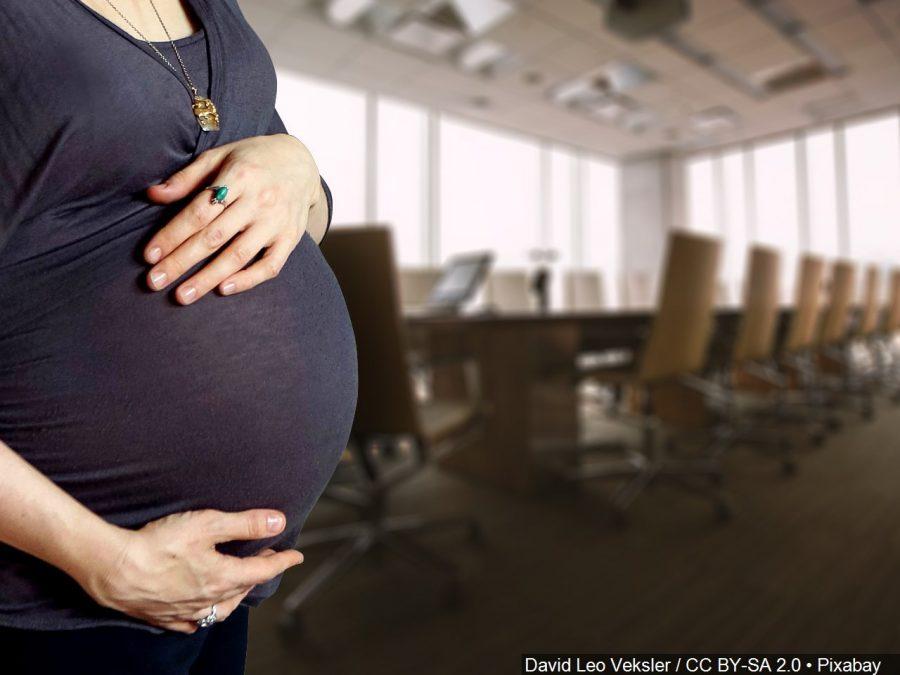Legislation introduced fights pregnancy discrimination in the workplace
March 19, 2019
PITTSBURGH – Councilperson Erika Strassburger introduced the legislation that protects people from pregnancy discrimination in the workplace.
The legislation, introduced on Feb. 26, protects pregnant individuals and people seeking to become pregnant, as well as their partners. This requires employers to offer flexible schedules for individuals to attend any appointments related to pregnancy.
The Commission on Human Relations also released a Guidance Document to encourage employers to prevent pregnancy discrimination.
“Employees should not be forced to choose between their livelihood and their reproductive decisions,” said Councilperson Strassburger. “I encourage employers citywide to review the Guidance Document to help prevent pregnancy-based discrimination from ever occurring.”
The Guidance Document provides examples of discrimination by employers and offers the “interactive process,” which lists the best practices for employers to create a non-discriminatory environment.
Pregnancy discrimination claims are under the protected class of “sex,” but the goal of the new legislation is to make pregnancy rights more clear to individuals. Megan Stanley, deputy director of the Commission on Human Relations, emphasizes the importance of the legislation.
“In the past, we believe employees were unsure of their rights and often did not file a claim, even when they felt they were discriminated against,” said Stanley. “We hope this legislation will help create an even more equitable Pittsburgh.”
This legislation would make Pittsburgh one of the only cities that offer workplace protection for anything before, during or after childbirth. Anupama Jain, executive director of the Gender Equity Commission, discusses the legislation’s impact on gender equality in the workplace.
“This represents one area in which American workplaces still struggle to be inclusive of all genders, with reproductive issues and childcare needing to be systematically addressed so that diverse groups have access to sustainable employment,” said Jain.
For more information, a copy of the legislation and the Guidance Document is available.















